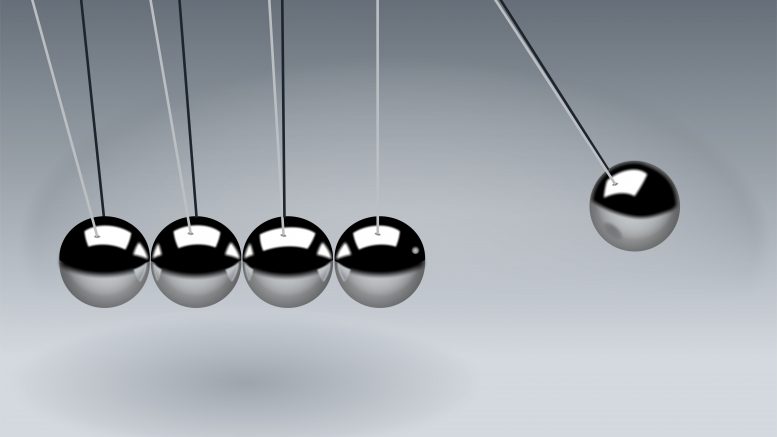We live in a world of reactions. Every minute around 350,000 tweets are generated. All of us take to social media to voice our opinions. Each opinion casting own webs, finding its own audience. Just as information spreads widely, so does misinformation. While the world debates it merits and demerits, regulation or no regulation, there is no denying that the Internet has become our lifeline.
As media professionals, this open platform can often lead to some unique problems. Whether it is dealing with an irate customer or managing a fast-moving PR crisis, it is important to keep in mind that only a correct response to a credible query at an appropriate time can diffuse a potentially volatile situation. The key word here being, response.
In the current media world, where every second count, we are often encountered with the choice between reacting or responding to a situation. When a situation can metastasise in a matter of seconds, often even the best of us to choose to react instead of carefully forming a response. What exactly is the differentiation between these two?
While it may seem like a page out of pop philosophy, the difference between a reaction and response can change the course of the brand. Reaction is an instant answer based on already existing beliefs, information and biases in our minds. It is something we express without thinking or evaluating the situation or the long-term effects of our words. A reaction is often emotional. On the other hand, a response is based on thought, evaluation, information and logic. While crafting a response, careful attention is dedicated to how the message will be received and its repercussions.
At the outset itself, it is evident that active and constant reactions can be harmful to your brands and clients. There are certain situations that deserve careful response as opposed to instant reactions due to the nature of these events. For PR professionals, these instances happen very frequently. As the world, or rather the internet watches like a hawk, one miscalculated reaction during these moments can lead to catastrophic consequences.
Negative Interactions On Social Media
Scoring a win on social media when the audience has already made up its mind to oppose your word is a tricky situation. A couple of situations where this could usually happen is when a customer has shared a negative experience and it has gained traction or the brand has been in the news for the wrong reasons or an indignant employee has taken to social media to voice their angst. In such situations, a reaction will only worsen the situation. It is important to dig deep into the matter before taking to media to clarify your position. Whether it is an apology or an answer, always remember a template response will make things worse. This is where sounding authentic makes all the different.
Crisis Situations
Small, big or inconsequential, it is unwise to not address a potential crisis developing for your brand. No matter how straightforward your answer to the audience, take a moment to think it through and craft it after considering the long-term impact of your response and the situation itself. This is where prior preparation works. Proactively, think of possible situations and have a response ready for them after talking it through with all relevant stakeholders. Although situations can’t always be predicted, your approach to them can prepared and ready.
Discourse From Leadership’s Desk
It could be your brand ambassador or it could be your CEO, words and responses coming from them hold immense value in the eyes of your customers and the media. Nothing that these individuals say can sound like reaction. Their interactions with media, even when they are impromptu, should hold the weight of being substantive and well-thought. While you work with the leadership to do this with for scheduled events, ensure that they are informed and aware of how to respond carefully when their interactions with the consumers and media aren’t moderated.
Cultural Change
There is immense pressure on brands to have an opinion about current events. Globally, brands are taking a stand towards issues and their audiences are either proud of being associated with them or disowning them for their beliefs. Consumers are no longer choosing brands only because of their products, but they are also increasingly aware of the brands beliefs, values and practices beyond their industry. There are many case studies that showcase just what goes wrong when it isn’t done right. While it is essential to be a part of this conversation, a reaction from a brand just won’t cut it. It is important to generate a response based on your company’s long-standing beliefs and image, the perceptions of your customers and above all, the brand’s willingness to stick to their word as their audience has multiple ways of holding them accountable.
These are just a few situations that all of us face daily. There are countless more in our professional and personal lives. The virtue of choosing a response over a reaction becomes more and more evident as we face increasingly complex situations. Turning responding into a habit requires immense patience, self-awareness, and dedication. Sounds like a daunting task, doesn’t it? But it is something that can be done by understanding the repercussions of a reaction. It may mean that you go against the tide for some time but there is immense value at the end of the journey.




Be the first to comment on "Responding in a World of Reactions"